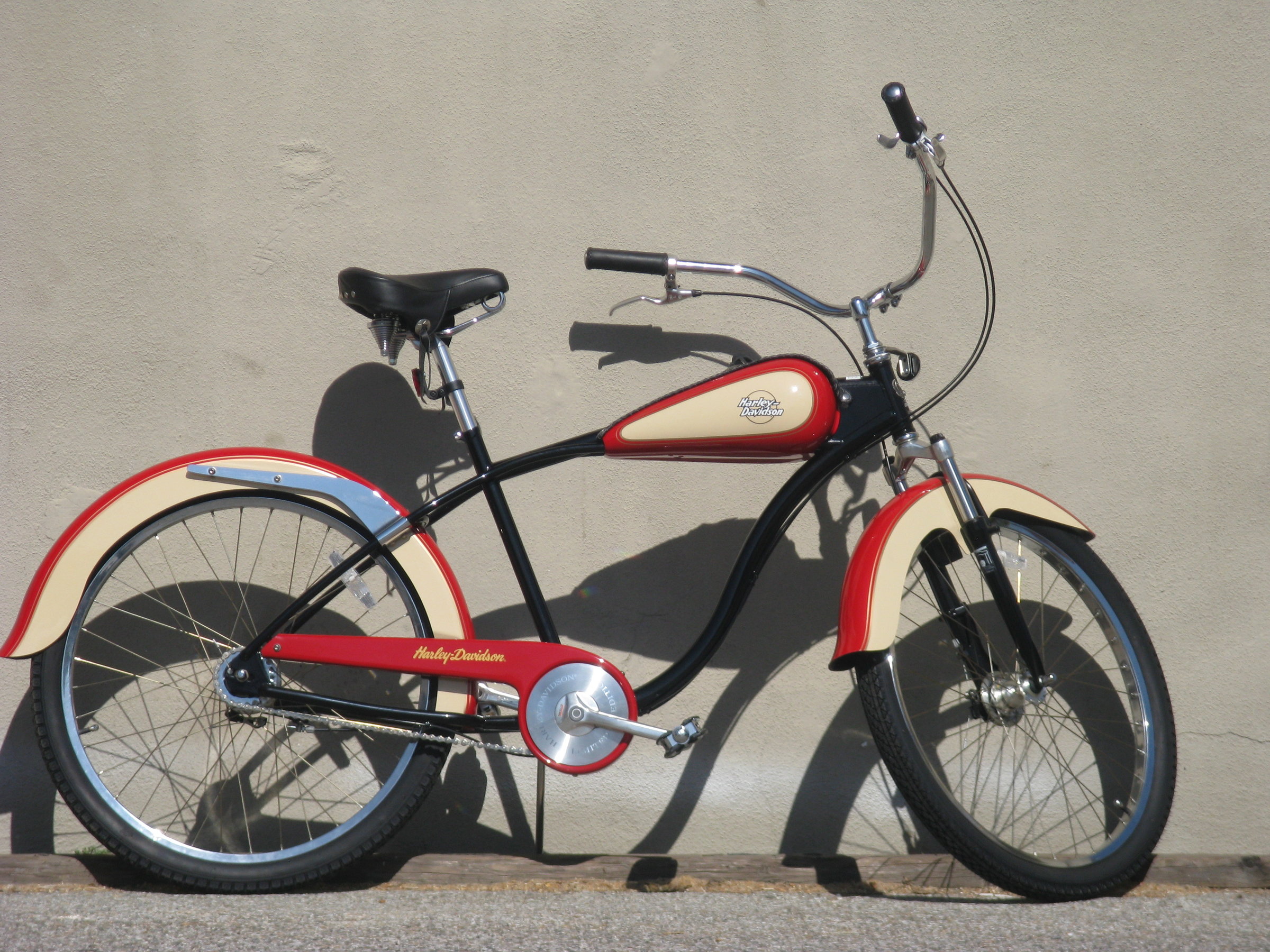Dingbatt: I’m still unsure as to how the figure of $80000 was arrived at.
Was it because they decided that $8000 would be the maximum rebate and that is 10%?
Or did they look at the new electric vehicles on offer at the moment and discovered you can get the base model of the Kona, eNiro and Model 3 for under the cutoff, but if you want something better in those models (including getting all the safety features) then you are obviously rich and don’t need (deserve) any help.
Or is it pressure on the manufacturers to provide more models under that magic figure?
Personally I don’t think there should be an upper limit for BEVs. Since I am in the minority that pay the majority of tax in NZ, I would see the rebate as a reward for moving things along and putting up with the inconveniences associated with EV ownership.
Where I may differ from the EV zealots is that I can see the value in the rebates for hybrids. Even the full hybrids (non plugin) save fuel = less emissions. From my own experience when looking to buy the new RAV 4, the difference between the ICE and the Full Hybrid versions of pretty much all Toyota models is $3000-4000. So the rebate means you have to ask “why wouldn’t you go for the hybrid?” I drive a Toyota hybrid and am sold on the technology but I do wish they offered more of their models as plug-ins.
This issue was discussed earlier in the thread titled:
NZ Government Incentives Coming Soon for Buyers of Electric Vehicles
My post on the $80,000 cut-off limit was as follows:
It's interesting that vehicles with a retail price of $80,000 or more would not be eligible for discounts. It's stated that "this cut off is to prevent the scheme transferring wealth to New Zealanders who are able to buy vehicles that cost $80,000 or more".
So, if you buy a new EV for $78,000, such as the non-elite 64 kWh Hyundai Kona, you get an $8,000 discount, but if you buy the Elite Kona for $84,000, you get no discount.
So, in this example, the non-elite Kona will have its cost reduced to $70,000, but the elite Kona will stay at $84,000. Therefore, instead of costing just $6,000 more than the non-elite Kona, the elite model would cost $14,000 more!
But, you have to admit that both of these vehicles are contributing equally to our emissions targets, so to make an arbitrary cut-off point of $80,000 makes no sense to me!
So, what will happen, will Hyundai reduce the price of the elite model to $79,999 so that it qualifies for the $8,000 discount?
Or, could some of the extras, such as leather heated seats be added in after purchase for an additional payment, of say, $4,000 so that the vehicle can be sold for $79,999 and qualify for the discount?
So, why not just abolish the idea of a retail price maximum for discount purposes, and accept that, whether a new EV costs $60,000 or $160,000, both are helping to meet our emissions targets and both vehicles will eventually flow through to the second-hand markets?
https://www.geekzone.co.nz/forums.asp?forumid=162&topicid=240755&page_no=49#2272597
I've read quite a few comments from people on FB about this issue and there's a feeling that the $80,000 cut-off limit was political, in that a Labour, NZ First, Greens coalition, which is supposed to be more concerned about lower income earners than the National Party, couldn't be seen to be "giving" money to people who purchase very expensive EVs. But, it's unlikely that the National Party would have worried about putting in such a nonsensical limit.
In fact, it's quite surprising that the present Government even went as high as $80,000, I was expecting them to go to about $50,000 and say anyone who bought an EV for more than that was too wealthy to give a subsidy to! This whole "wealth" argument is completely contrary to the overall purpose of any EV discount scheme, which is to reduce emissions, and all EVs do this, no matter what they cost!
The most surprising thing of all is that the Govt proposes to give discounts to certain low-emitting "purely petrol" vehicles, such as the Suzuki Swift. No other country in the word has done this for obvious reasons. In any event, the Suzuki Swift is now said to be not a particularly safe vehicle, so why is the Govt prepared to provide a discount for buying a petrol vehicle that isn't particularly safe?



